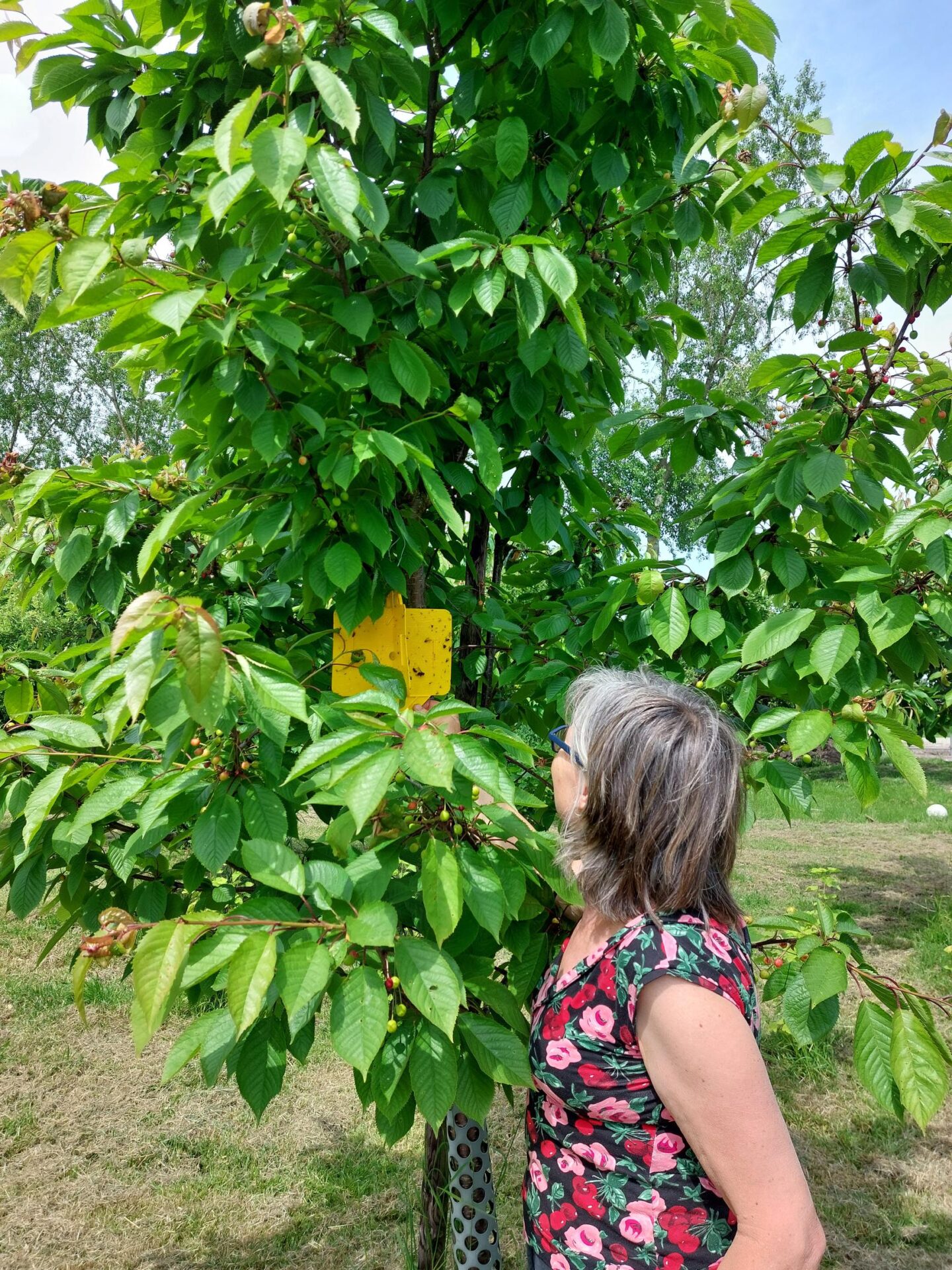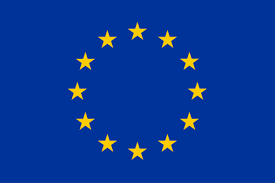BIOFRUITNET project promoting cross-border knowledge exchange comes to an end
Over the past 3.5 years the BIOFRUITNET project has collected and synthesized existing practical and scientific knowledge on organic fruit-growing, distributing it widely among the EU countries through easy formats like e-learning courses, podcasts, videos and short articles. Farmers from all over the EU took part in visits to demonstration farms, exchanging knowledge and creating strong networks of organic fruit producers and other stakeholders in the sector.
How farmers & growers gained from knowledge exchange
Bastian Benduhn, an agricultural advisor at Öko-Obstbau Norddeutschland, illustrates this knowledge exchange with the example of anchor plants. EU fruit farmers inspected these on-site and acquired valuable knowledge about the measure during the 2022 farm visit and exchange ideas with the experts. They gained insights into the positive effects that the anchor plants have on different aphid populations and their predator fauna. Subsequently, a short video on the event is available so those interested can find out more about measures to increase biodiversity in organic orchards.
As another example, the Dutch fruit grower Liesbeth van Doorn, at the De Groene Waal, expressed the usefulness of all the practical material produced, compiled and translated by the BIOFRUITNET project regarding pests and diseases. “Particularly, several practice abstracts on the monitoring and control methods against the Drosophila suzukii fly in my cherry production, which showed to be effective as I saw a big decline of infestations this spring/summer after taking measures proposed by the BIOFRUITNET project”’.

Sharing concrete knowledge and breaking down barriers
Soil management, fertilization and biodiversity promotion are important areas for which many individual organic farmers in Europe have already established solutions, and research has been carried out. However, this knowledge has not been spread widely and language and geographical barriers have often limited the exchange among EU organic farms and between science and practice.
Within the BIOFRUITNET project, farmers’ experience and their best practices were the starting point to foster knowledge flow and support European organic fruit growers. The most concerning obstacles to the organic pome, stone and citrus fruit growing systems in northern, central and southern Europe were pinpointed by data collection and analysis.
The results are gathered in a large array of materials: 30 short technical videos, 100 practice abstracts, five podcasts and three e-learning courses. These available in different languages on the project website and Organic Farm Knowledge platform.
By creating this European knowledge network, the project work will have a long-lasting effect beyond the end of the project and support the EU’s Farm to Fork Strategy target to have 25% of the EU’s agricultural land managed organically by 2030.
Check the BIOFRUITNET website and follow the project on social media Facebook , Twitter and Linkedln.
BIOFRUITNET was coordinated by Naturland, bringing together 16 partners from 12 European countries. It strengthened the competitiveness of European organic fruit production through strong knowledge networks. Within BIOFRUITNET, IFOAM Organics Europe lead the knowledge transfer and dissemination through easy-to-read end user materials, such as practice abstracts and videos. BIOFRUITNET was an EU Horizon 2020-funded project.


